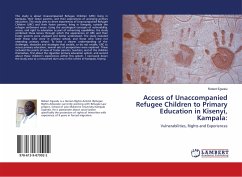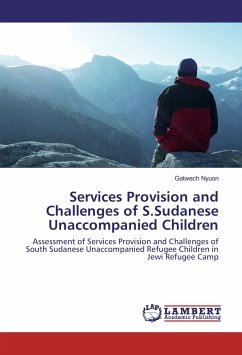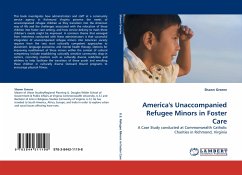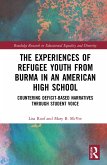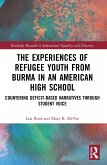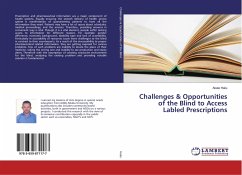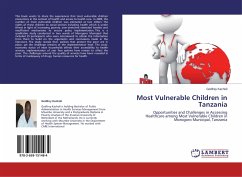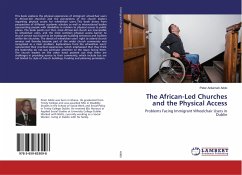This study is about Unaccompanied Refugee Children (URC) living in Kampala, their foster parents, and their experiences of accessing primary education. The study aims to share experiences of Unaccompanied Refugee Children (URC) and their foster parents, living in Kampala, outside the refugee settlement areas. Using the sociological concepts of vulnerability, access, and right to education as part of enhancing capabilities, the study combined these lenses through which the experiences of URC and their foster parents were analysed and better understood. The study included both those who were in primary school, and those who were not attending primary school. To have a clearer understanding of the challenges, obstacles and strategies that enable, or do not enable, URC to access primary education, several sets of perspectives were explored. These included the points of view of foster parents, teachers, and of the children themselves, first about the Ugandan primary education system, and second about these children's experiences within this system. I narrowed down the study area to a renowned slum area in the centre of Kampala, Kisenyi.
Bitte wählen Sie Ihr Anliegen aus.
Rechnungen
Retourenschein anfordern
Bestellstatus
Storno

